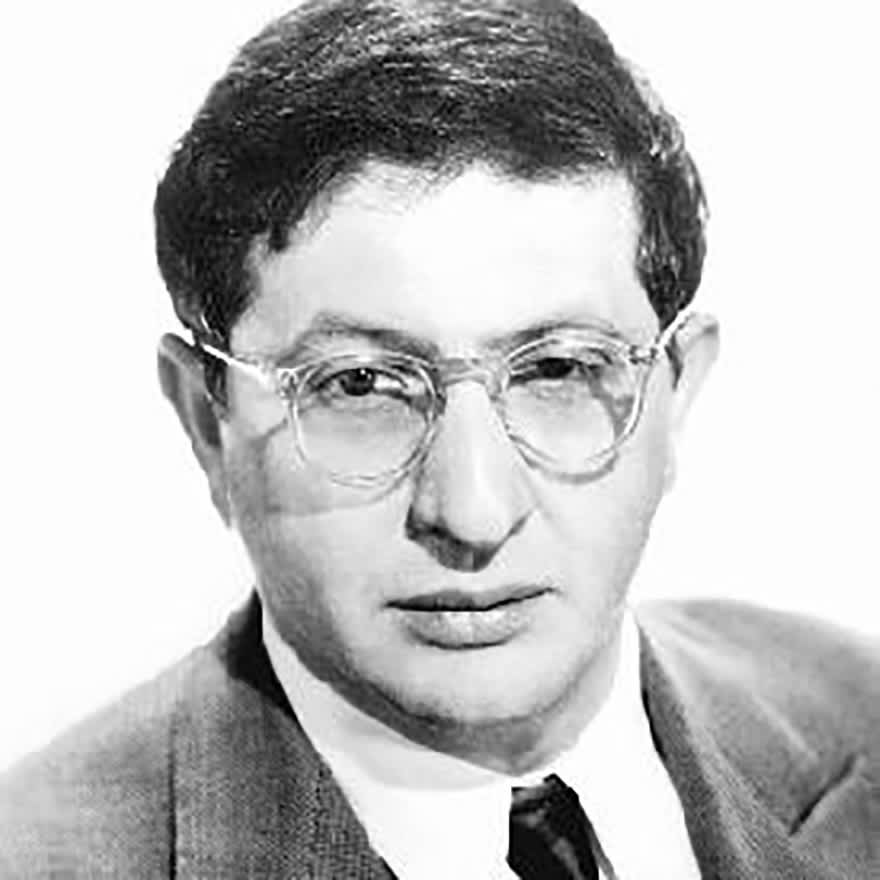
Bernard Herrmann (1911-1975) was an American composer and conductor, widely recognized for his film scores.
His music for Psycho (1960) has remained a paragon of suspense-film sound tracks. Herrmann was born into a family of Russian immigrants. While still a student at DeWitt Clinton public high school in the Bronx, he took composition and conducting classes at New York University. He continued his studies at the Juilliard School of Music (now Juilliard School), and in the 1930s he was one of a group of young composers associated with the composer Charles Ives.
In 1934 CBS radio hired Herrmann to work as a composer and arranger and to conduct the CBS Symphony Orchestra. At CBS he also worked on the radio show Mercury Theatre on the Air—directed by Orson Welles—for which he composed music in a wide range of styles to heighten the dramatic effect of the plays. When Welles signed a contract to write and direct a film in 1939, he brought many of his Mercury players and Herrmann along with him, thus launching Herrmann’s career in film music. Although his scores for Welles’s Citizen Kane (1941) and, subsequently, for William Dieterle’s All That Money Can Buy (1941, Academy Award) were highly acclaimed, Herrmann’s work with suspense-film director Alfred Hitchcock in the 1950s and ’60s won him the widest recognition. Among Herrmann’s most significant Hitchcock scores were those for Vertigo (1958), North by Northwest (1959), and, especially, Psycho (1960).
Aside from his film scores, Herrmann wrote music for various television series, including Rawhide and The Twilight Zone. Herrmann also composed a variety of concert music, including, most notably, an operatic setting of Emily Brontë’s Wuthering Heights (1943–51). Throughout his career, however, film and television scores remained the primary focus of his creative activity. Herrmann died in 1975, just one day after completing his score for director Martin Scorsese’s film Taxi Driver (1976).



